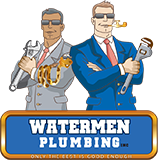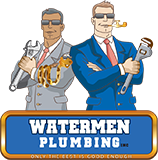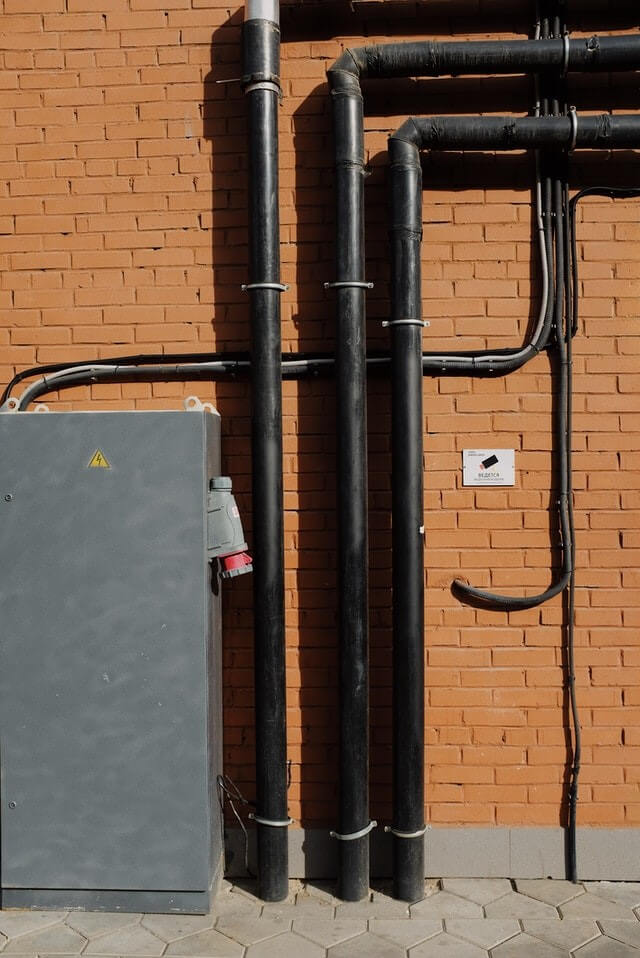
Plumbing is probably the most undervalued component of a home. It makes much of what we call modern housing possible. On-demand access to water or gas in the kitchen, bathroom, and toilet, is made possible by a home’s plumbing.
The sanitary conditions we enjoy is all down to the plumbing systems. And even if we like to forget the pipe as it works in the background, we never want it to malfunction. Yet plumbing failures are one of the most common emergencies that happen in homes.
Many homeowners overlook the telltale signs of problems with a home’s plumbing. They pay attention only when the system breaks down, explains Advantage Realty, and they lose access to water, gas, or sanitation. Big-budget repair issues in the plumbing system are avoidable; their cost in time, effort, money, and convenience is unnecessary.
By implementing a maintenance program that tackles small emergencies on time, homeowners can keep their plumbing in good order, without spending much. To be able to do this, here are the common plumbing emergencies.
Leaks
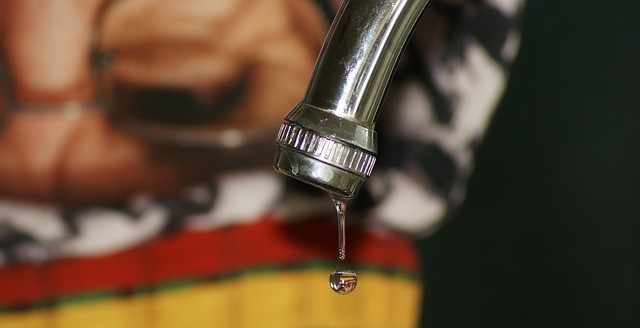
Leaks – faucets, pipes, and toilets – are an almost constant feature of plumbing. Dripping faucets result from a worn-out washer or gasket. The problem is annoying and will increase a home’s water bill. Yet it is effortless to solve; dismantle the faucet and replace the worn part. Running toilets are not hard to fix either. They result from faulty components that cause a weak flush or prevent the toilet tank from filling. The most damaging type of leak, however, is a pipe leak.
These usually occur at joints and are often hard to detect. They can cause severe damage to the building; mold, ceiling collapse, and structural damage. Regular inspection of pipes and joints for signs of leakage is critical.
Blocked Drains
Blockages in drain pipes manifest as sinks, tubs, and showers that do not allow water to escape when the drain is opened. The water either drains out very slowly or not at all. Hair, soap chunks, small objects (like toys), and lard are common culprits.
The way to fix the problem is to remove the cause of the blockage with a plunger, drain snake or drain cleaner. If the blockage happens in a toilet, it is because something other than human waste or toilet paper has been flushed down the toilet.
If a plunger, drain snake or drain-cleaner does not solve the problem, call a plumber. To avoid this problem, never flush paper towels, wipes or any objects down the toilets. And use a hair catcher in the shower.
Broken Water Heater
A broken water heater will douse you in cold water when you least expect it, or it will produce water that is too hot. It may also give off a bad odor. The two principal causes of water heater issues are leaks and build-up of scale.
Bad smells, together with loss of efficiency, are mostly caused by the accumulation of sediments and build-up of scale in the heater. It can be solved by flushing and de-scaling the heater. But if water puddles below the heater, the problem is probably caused by a leak.
In that case, shut-off gas/power to the heater, as well as its water supply and call a plumber.
Frozen Pipes
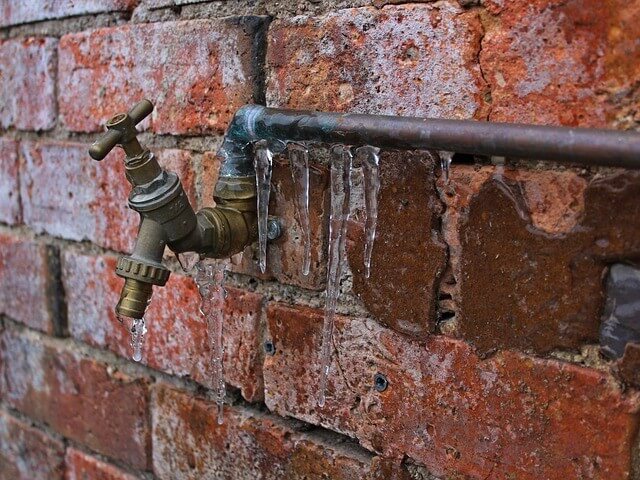
If water freezes inside pipes, the pipes will become more prone to damage. Water expands when it freezes, and this can cause pipes to burst. Frozen pipes are regular in empty homes. But they are also not uncommon in occupied properties.
To prevent pipes from freezing, wrap them in heater tape and disconnect outside water hoses in winter. And, since moving water is less liable to freeze, leaving a trickle of water on during winter will prevent freezing. If pipes still freeze over, try to thaw them with hot water bottles or call a plumber.
Sewer Backup
It is a severe problem, not only for its unpleasantness but for how damaging it can be and how expensive it is to fix. Warning signs that a sewer has problems include gurgling toilets, foul smells from the drain, and water pooling around the pipes in a basement.
The problem is not always caused by faulty plumbing or negligence. It can happen when tree roots interfere with sewer lines. But the more common cause is flushing things down the toilet that clog the sewer lines. This problem is best avoided, but if it occurs, you should contact a plumber immediately.
Leaking Washing Machine Hose
The washing machine's hoses are flexible and delicate. They crack, bulge, and burst quickly. A leaking washing machine hose can cause a host of disasters inside a home. It is often the precursor to the onset of mold.
In addition to damaging the machine, water from a leak can damage walls and weaken the home’s foundations. Washing machine hose leaks are not always easy to detect. Regular inspection is required to prevent this problem.
For more information or if you have any questions, check out our website www.watermenplumbing.com, You can also shoot us an email –Info@watermenplumbing.com
Office: 855 398 3656 Cell: 954 997 5797
Watermen Plumbing Inc.
“When your plumbing needs care, trust Watermen to be there”
Serving Broward and Dade county.
Proud members of the Greater Hollywood Chamber of commerce
